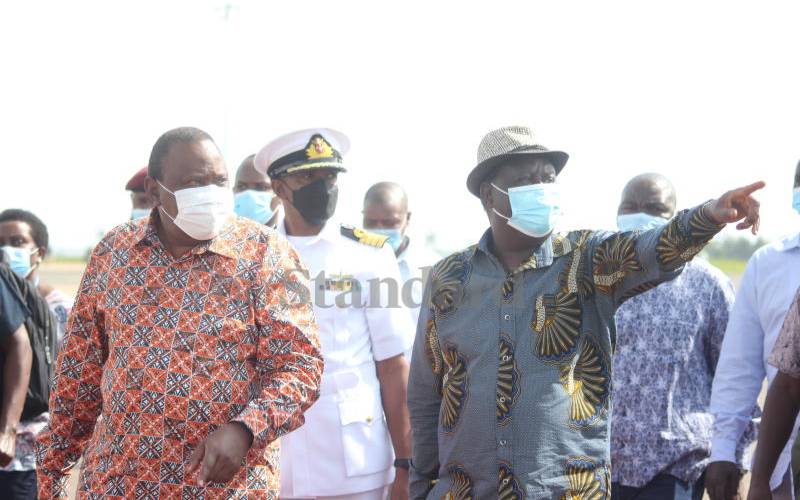×
The Standard e-Paper
Smart Minds Choose Us

President Uhuru Kenyatta and ODM leader Raila Odinga allies have hatched a plot to re-introduce coalition political parties and pave the way for a grand coalition government akin to the 2002 elections.
The plan also seeks to address the thorny issue of political parties fund, which led to dissolution of the National Super Alliance (NASA), bringing together Wiper Party, ODM, ANC, Ford Kenya and Chama Cha Mashinani.